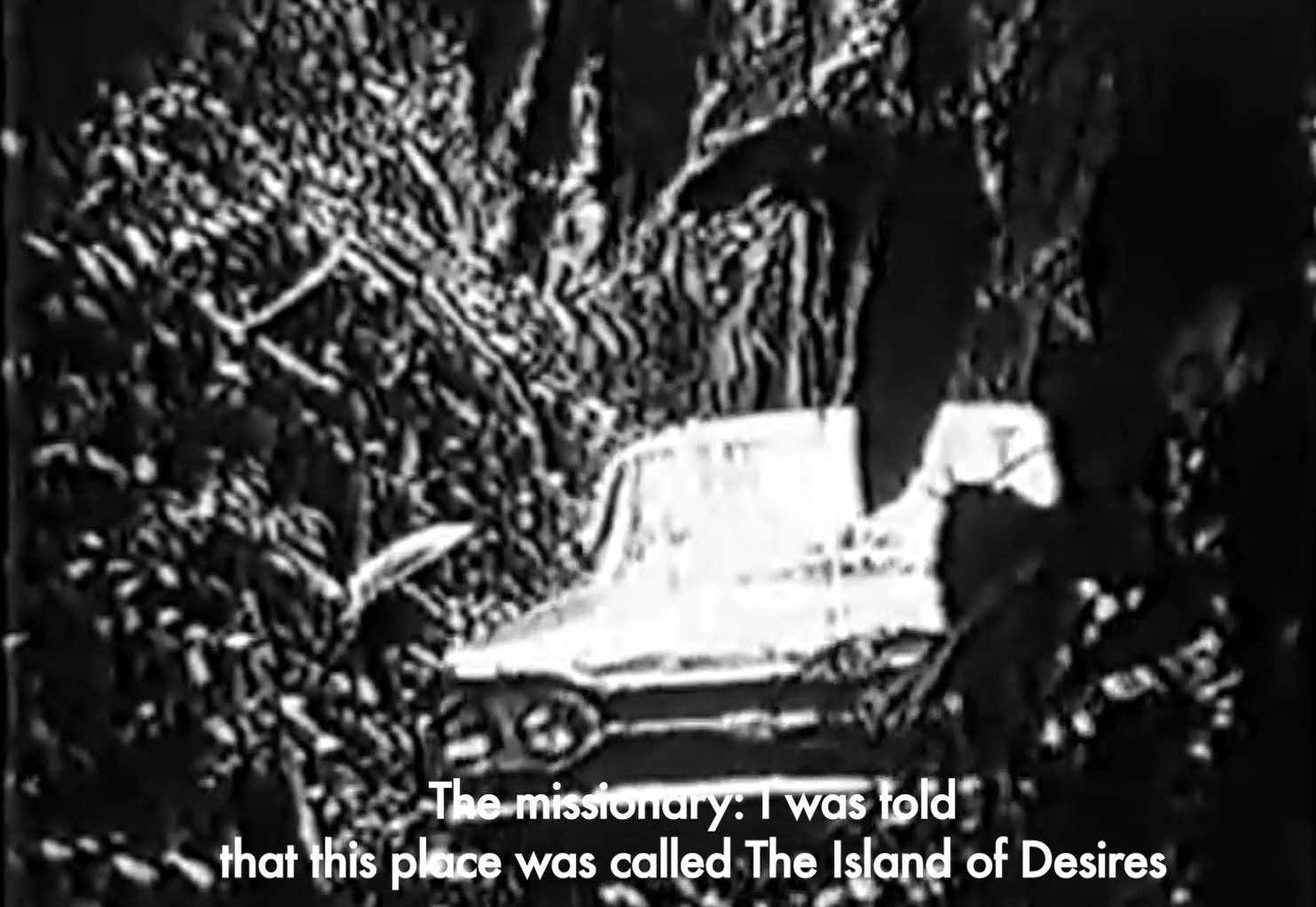Resisting extractive uses of the archive in Colombian experimental non-fiction
Main Article Content
Abstract
In the first two decades of the 21st century, a cluster of Colombian filmmakers developed a distinctive body of work engaging with the country’s histories of violence through critical documentary and experimental devices. A nuanced use of appropriated footage is a recurrent feature in these works, signalling their engagement with historical events through mediated representation and a ‘suspicion of the archive’ (Suárez 2020, 542). This paper identifies distinct patterns in the filmmakers’ relationship to the materiality of archive materials, focusing on selected works by Camilo Restrepo, Laura Huertas Millán, and Juan Soto. It argues that the remediation of digital found footage, personal and private archives enacts reflexive and distancing strategies in order to obstruct extractivist uses of images. In their choice and use of appropriated and archival moving images, filmmakers grapple with their own social and geographic positionality in ambiguous ways.
Article Details

This work is licensed under a Creative Commons Attribution 4.0 International License.
Authors who publish with this journal agree to the following terms:
- Authors retain copyright and grant the journal right of first publication with the work simultaneously licensed under a Creative Commons Attribution License that allows others to share the work with an acknowledgement of the work's authorship and initial publication in this journal.
- Authors are able to enter into separate, additional contractual arrangements for the non-exclusive distribution of the journal's published version of the work (e.g., post it to an institutional repository or publish it in a book), with an acknowledgement of its initial publication in this journal.
- Authors are permitted and encouraged to post their work online (e.g., in institutional repositories or on their website) prior to and during the submission process, as it can lead to productive exchanges, as well as earlier and greater citation of published work (See The Effect of Open Access).

